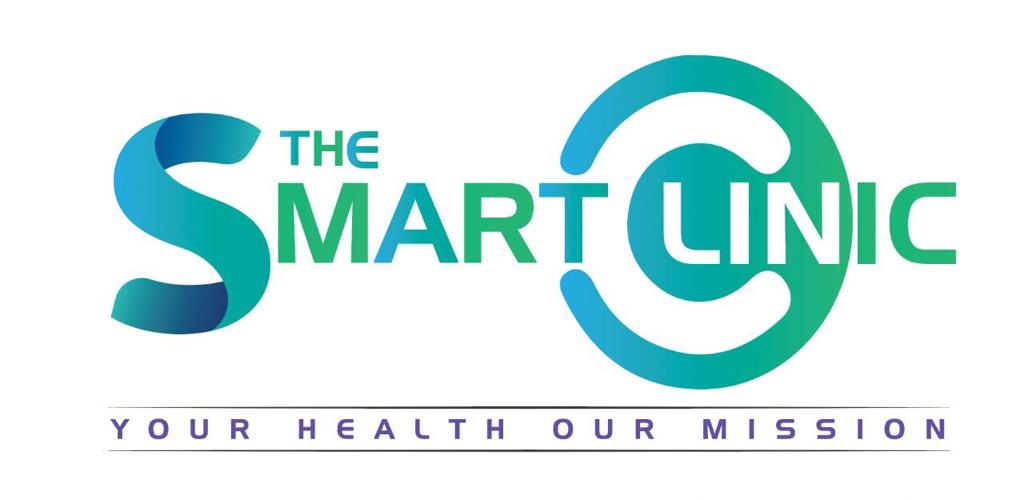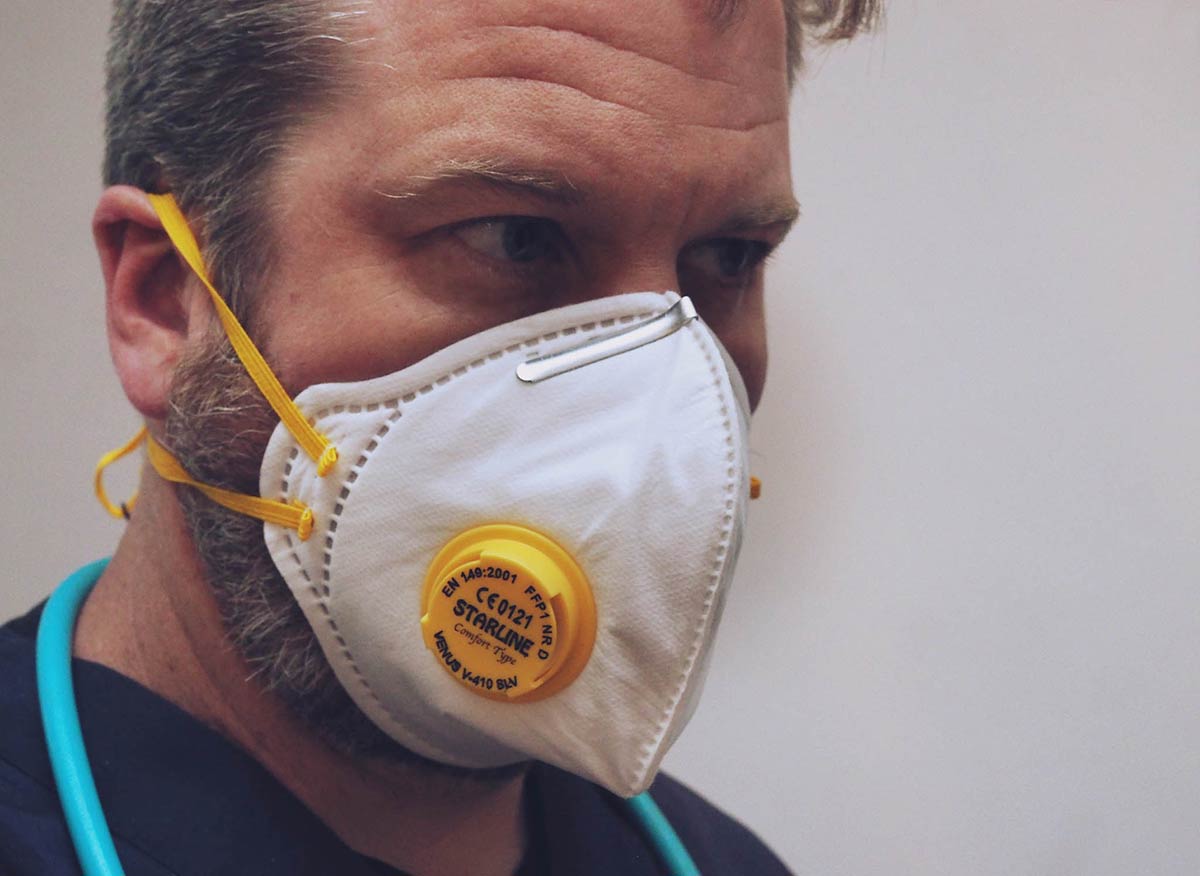Unsure About Wearing Face Mask? Here’s How and Why
Should I still need to wear a mask? Or not? It is still a big question on all of our thoughts for the last few weeks.
Since late 2019, the COVID-19 pandemic has resulted in millions of infections and thousands of deaths worldwide.
As the disease spreads, health officials continue to advise people to take preventative measures to stay safe.
Wearing a face covering or facemask is one way to reduce the risk of COVID-19 spreading. When out in public, the Centers for Disease Control and Prevention recommends that people cover their faces with a cloth. People in Pennsylvania are required to wear one inside any public place and outside if they cannot maintain sustained social distance.
Our doctors believe wearing masks plays a significant role in protecting against COVID-19 spread at the smart clinic.
Facemasks: Are They Effective in Preventing COVID-19 Transmission?
The answer is yes; when used with other preventive measures, facemasks can help COVID-19 spread more slowly.
COVID-19 is primarily transmitted via respiratory droplets. Droplets are released when infected people cough, sneeze, talk, or raise their voices. Those droplets can then land in people’s noses or mouths, or they could be inhaled into their lungs, infecting them. Wearing a facemask can reduce the risk of COVID-19 spreading to others.
People who don’t have any symptoms of covid-19 can also spread the virus. By wearing a mask in public, one can reduce the risk of spreading the virus that you unknowingly pass to others. Many people experience mild COVID-19 symptoms, but for others, the condition can be life-threatening. People older than 60 and those who are immunocompromised are most at risk.
What Is the Best Type of Face Mask?
According to Dr. Hamilton, cloth face masks are not personal protective equipment (PPE) like surgical masks or N-95 respirators. Those are set aside for medical personnel and first responders.
“However, even the cloth variety, which you can make yourself at home,” is also very effective at reducing the spread of the virus.”
Who Should Not Need to Wear a Face Mask?
- Children under age 2.
- Anyone who has difficulty in breathing.
- Anyone unconscious, disabled, or can’t remove a face mask without help.
How to Put on a Mask or Face Mask?
When wearing a mask or face cover, keep the following criteria in mind:
- It should hug the sides of your face snugly but comfortably.
- It should be joined with ties or ear loops.
- Multiple layers of material should be used to construct it.
- It should be able to allow you to breathe freely.
- It should be able to withstand washing and drying in the machine without being damaged or changing shape.
How to Care for Masks and Face Covers
If you’re wondering how often you should wash your mask or face covers, the answer is simple. After each use, they should be cleaned.
“Stash them in a plastic pouch or laundry basket if you can’t wash them right away,” “Hand wash or machine wash in hot, soapy water on a gentle cycle. Then, on high heat, dry them.” It’s best to toss the mask if you notice any damage or it’s heavily soiled.
You are the first line of security when it comes to shielding yourself from COVID-19. When picking up essential supplies or receiving healthcare services, take the necessary precautions to stay safe.
What Other Ways Can I Defend Against Covid-19?
Masks are most effective, according to the CDC, when used widely in public and in conjunction with other preventive measures.
You Can Also Help to Reduce the Risk of Covid-19 Spread By:
For example, staying 6 feet away from people who aren’t family members and avoiding crowded places are examples of social distancing. Hand Hygiene: Washing your hands with soap and water and scrubbing for 20 seconds before rinsing is recommended. If soap and water aren’t available, a hand sanitizer containing at least 60% alcohol can be used instead.



